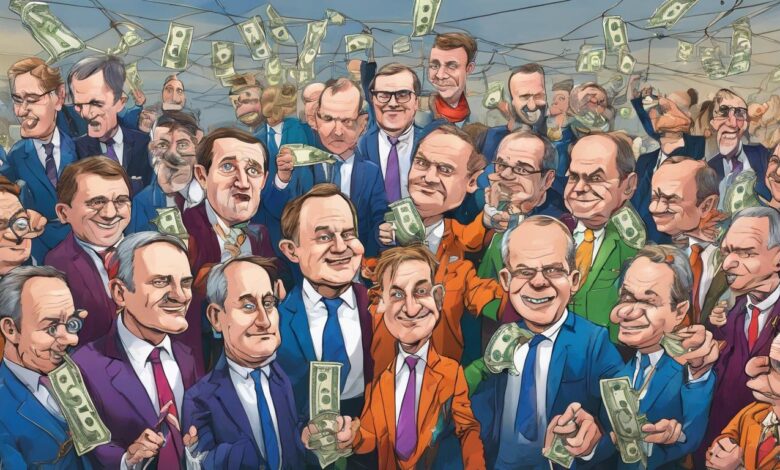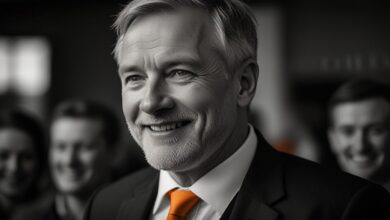European officials accuse Ukrainian oligarch of spreading Kremlin propaganda

Authorities in Belgium and the Czech Republic allege Ukrainian oligarch Viktor Medvedchuk orchestrated an influence operation to promote Russian narratives in the EU, jeopardizing the democratic process and election integrity.
European officials have leveled serious allegations against Viktor Medvedchuk, a Ukrainian oligarch with close ties to Russian President Vladimir Putin, accusing him of orchestrating an influence operation aimed at spreading Kremlin propaganda through bribing EU lawmakers. Authorities in Belgium and the Czech Republic have unveiled schemes where politicians were allegedly paid to promote Russian narratives, particularly ahead of bloc-wide elections scheduled for June.
Belgium’s Prime Minister, Alexander De Croo, has disclosed that Russian agents targeted EU parliamentarians, offering financial incentives for pushing Russian propaganda. In a related move, Czech authorities have pinpointed Medvedchuk’s involvement in running a Russian influence operation on Czech soil, aimed at undermining Ukraine’s sovereignty. The Czech Prime Minister, Petr Fiala, further disclosed that Medvedchuk was covertly financing the Prague-based news website, Voice of Europe, as part of a broader strategy to destabilize European security and spread misinformation detrimental to Ukraine.
Sanctions, including travel bans and asset freezes, have been imposed on Medvedchuk, his associate Artem Marchevsky, and Voice of Europe by Czech officials. These measures underscore the serious nature of the allegations and the steps taken by European nations to counteract Russian interference.
The European Parliament is now under pressure to investigate the potential Russian interference, with political groups like Renew Europe and The Greens calling for urgent inquiries and accountability for any MEPs found to be involved. These developments have fueled concerns about the integrity of the democratic process in Europe, with calls for transparency and action to prevent any Russian-funded influences on the upcoming European elections.
This case not only highlights the ongoing challenges posed by foreign influence and disinformation campaigns across Europe but also underscores the complex web of relationships between some European political figures and Moscow. As Europe contends with these revelations, the focus turns to how authorities and political institutions will respond to safeguard the continent’s democratic values and election integrity.








